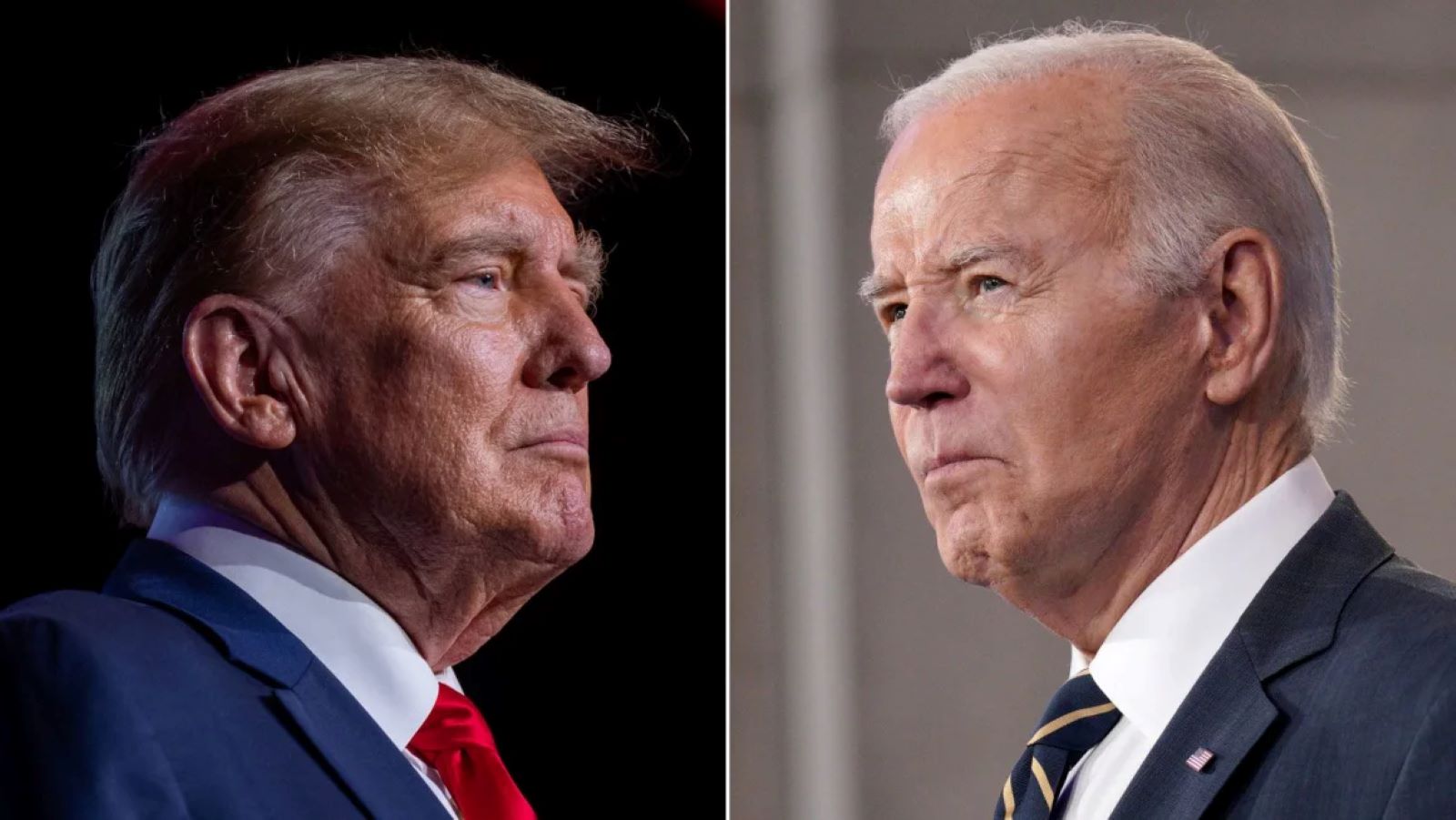Pope: May God be in our hearts and touch our darkened areas

At the time of the Angelus, on Sunday 2 January, Pope Francis called on believers and pilgrims to take advantage of these Christmas days to welcome the Lord into our hearts, not just with words, but with concrete gestures. The pontiff said: “Let us solemnly invite him to be a part of our lives, and above all by introducing him to our dark areas and telling him without fear the social and ecclesial problems of our time, for God loves to dwell among us.”
Sofia Lobos – Vatican
Pope Francis, Sunday, 2 January, prayed the Marian Angelic Prayer, leaning out of the window of the Apostolic Palace at the Vatican with the faithful and pilgrims gathered in St Peter’s Square.
The Pontiff meditated on today’s gospel, according to St. John (genie 1, 14), which presents a beautiful phrase that we always pray at a time Angelus prayer And he is the only one who reveals the meaning of Christmas: “The Word became flesh and dwelt among us.”
God: Word and Flesh
These words contain a paradox – as the Holy Father said – because they combine two opposing truths: verb and the meat:
In this context, Francis noted that before Jesus they were two separate worlds: “Heaven is the opposition to the earth, the infinite resistance to the finite, the soul the opposition to matter.”
In the face of our fragility, God does not hold back
In this sense, the Pope paused to analyze another duality found in the introduction to the Gospel of John: light s the darkness (see v. 5):
“Jesus is the light of God who has entered the darkness of the world. God is light: in him there is no darkness; in us, on the other hand, there is much darkness. Now, with Jesus, we find light and darkness: holiness, guilt, grace and sin.”
But… what does the Bible want to announce with this polarity? It is wonderful for Francis, that is, God’s way of acting:
Let God dwell in our lives, even if they are filthy
Continuing his speech, the pontiff recalls that we often keep our distance from God because we think we are not worthy of Him for various reasons, and although this is true, Peter’s successor asserts that Christmas invites us to see things from the divine point of view:
However, for God to dwell in our hearts – added the Holy Father – each individual must make room for him, though not only with words, but with concrete gestures:
“Perhaps there are aspects of life that we keep to ourselves, exclusive, inner places that we fear the Bible will enter, where we do not want to put God in the middle.” Francis emphasized, while calling everyone to take advantage of these Christmas days to welcome the Lord into our hearts.
Let us introduce you to our dark areas
And how can we do it? The Pope suggests two ways: standing in front of the manger, “Because it shows Jesus who comes to live our entire ordinary, tangible life, where everything is not going well, where there are many problems”; We show our conditions there, what we live.
In front of the manger, let us talk with Jesus about our tangible vicissitudes. Let us solemnly invite him into our lives, and especially in the dark areas, to our “inner stables”, –The Bishop of Rome affirmed- He also urged him to “tell him without fear the social and ecclesial problems of our time, for God loves to dwell among us.”
May the Mother of God, in whom the Word became flesh, help us to develop a greater intimate relationship with the Lord, I finish.

“Bacon advocate. Certified creator. Twitteraholic. Tv junkie. Beer fanatic. Internet nerd. Passionate thinker. Reader.”




:quality(85)/cloudfront-us-east-1.images.arcpublishing.com/infobae/OF4NJDPGLBEYJAZ5XZMH3OIPJ4.jpg)



